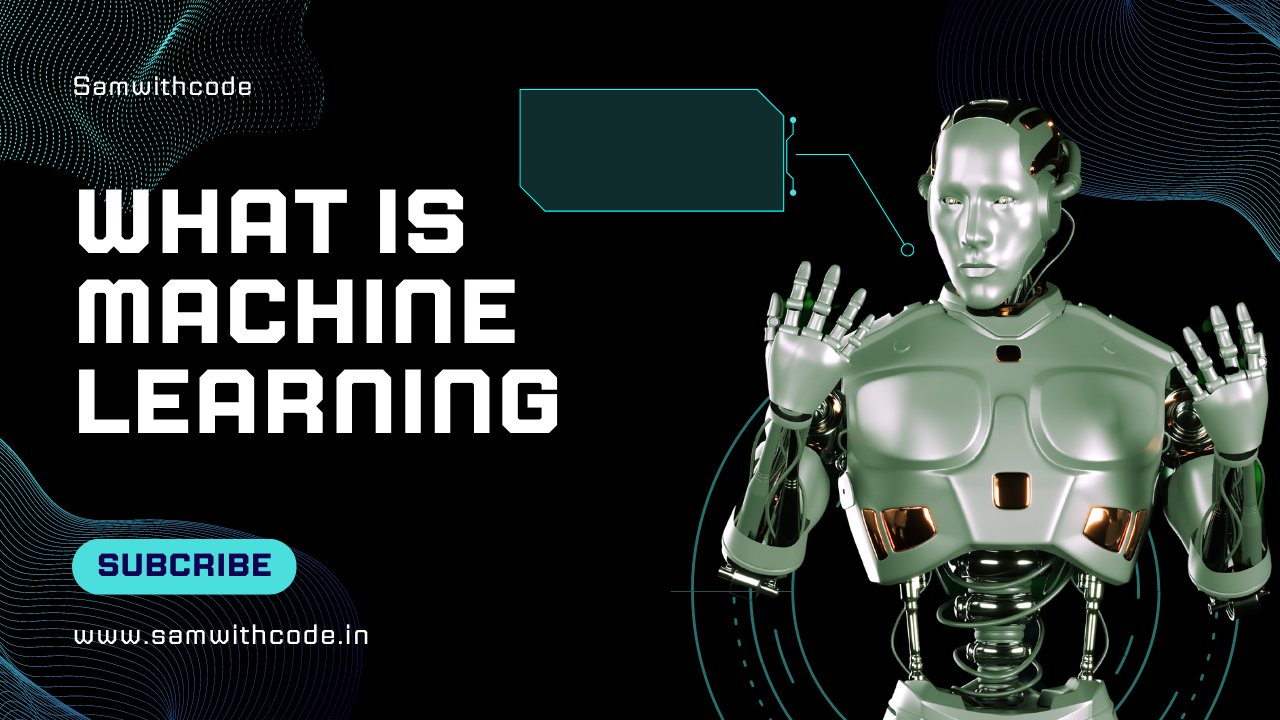What is Machine Learning ?
- Date

-
 admin
admin
Machine Learning is a subset of artificial intelligence that allows computers to learn from data and improve their performance on a specific task without being explicitly programmed. Instead of being hand-coded with rules, the algorithm learns from examples.
Key Concepts:
- Data: The fuel for machine learning. The more relevant and high-quality data, the better the model will perform.
- Algorithm: The process or set of rules that the machine follows to learn from the data.
- Model: The output of the learning process, which can be used to make predictions or decisions.
Types of Machine Learning:
- Supervised Learning: The algorithm is trained on a labeled dataset, where each input is paired with its corresponding output. Examples include regression (predicting a numerical value) and classification (categorizing data).
- Unsupervised Learning: The algorithm learns from unlabeled data, finding patterns or structures within the data. Examples include clustering (grouping similar data points) and dimensionality reduction (simplifying complex data).
- Reinforcement Learning: The algorithm learns by interacting with an environment, receiving rewards or penalties based on its actions. It aims to maximize cumulative rewards over time.
Applications of Machine Learning:
- Recommendation Systems: Suggesting products or content based on user preferences.
- Image Recognition: Identifying objects, people, or scenes in images.
- Natural Language Processing: Understanding and generating human language.
- Medical Diagnosis: Assisting doctors in diagnosing diseases.
- Financial Forecasting: Predicting stock prices or market trends.
- Self-Driving Cars: Making decisions based on real-time data from sensors.
In essence, machine learning empowers computers to learn from experience, adapt to new information, and perform tasks that were previously difficult or impossible.